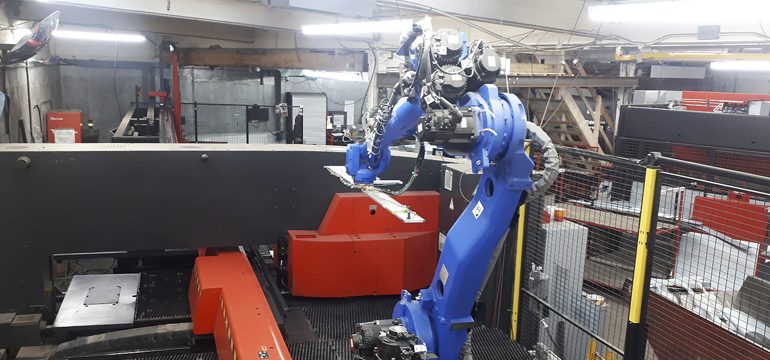The shift of manufacturing industries to lower-cost economies has been a process that has been happening for decades and has been doing so at an increasing rate more recently.
The main reason is cost, but it is not the only one. Products from say Asian economies have often also been more innovative, automated and reliable than their Western counterparts. Shipbuilding, motorbike and car manufacture have shifted abroad, as have the manufacture of electronics, computers and phones. To some commentators, this is not a problem, but there are good reasons for looking at strengthening engineering and manufacturing in the UK.
Firstly, a strong manufacturing sector is a good foundation for the national economy, and can help balance the nation’s balance of payments, – think of Japan, Germany, Korea, and China.
Secondly, it gives us the capability to design and produce new green products and technologies which are more important than ever before, and which are very large and growing markets. Renewable power, hybrid and electric vehicles are good examples of this.
Thirdly, the COVID 19 pandemic has exposed the vulnerabilities of relying on transglobal supply chains. We should also think about the environmental costs of sourcing products from far away places, – China is a big polluter and Green House gas emitter but we have made that worse by exporting our emissions to them when they make our goods, and then increasing the emissions again by transporting their goods back to us.
Lastly, how secure are we if we rely on other nations for all our technology, engineered products and goods?
Things can change, however. We may not see the return of mass-produced items on a great scale back here, but this can be countered by the design and manufacture of high quality, bespoke, and/or lower volume items. An example could be cooled server cabinets for data centres, where imported cabinets can be bought for less than it costs to make them here. However, the design, manufacture and installation of bespoke cooling infrastructure, (hot and cold aisle containment), that need to be designed for each installation, allows manufacturers here to provide goods and services very competitively. It can also allow them to provide their own cabinets in the process.
As well as the increase in tailored products and services, the use of modern manufacturing techniques helps. In the UK, the use of automation on shop floors has been very slow in small and medium-sized businesses compared to countries such as Sweden. In the UK, the attitude has often been that it is more profitable to use cheap and unskilled labour. This is a quick fix that becomes a permanent way of thinking. Getting automation to work requires thinking through the whole production process, and should also include consideration of designing the product to help easier manufacture. Using cheap labour often masks problems in production processes, equipment quality and reliability, and maintenance, that are exposed if automation is introduced. This should not be a reason not to invest in automation, all these problems are costing the company already, management is just not aware of it. Using automation does not necessarily involve very large financial investments, but to use it successfully does always involve lots of investments in time, planning and re-thinking the whole process from design to manufacture. However, the end result is better products made cheaper and more efficiently.
Using automation can help us to make it here, and make it better. For more information and advice contact us on: 01733 873262



